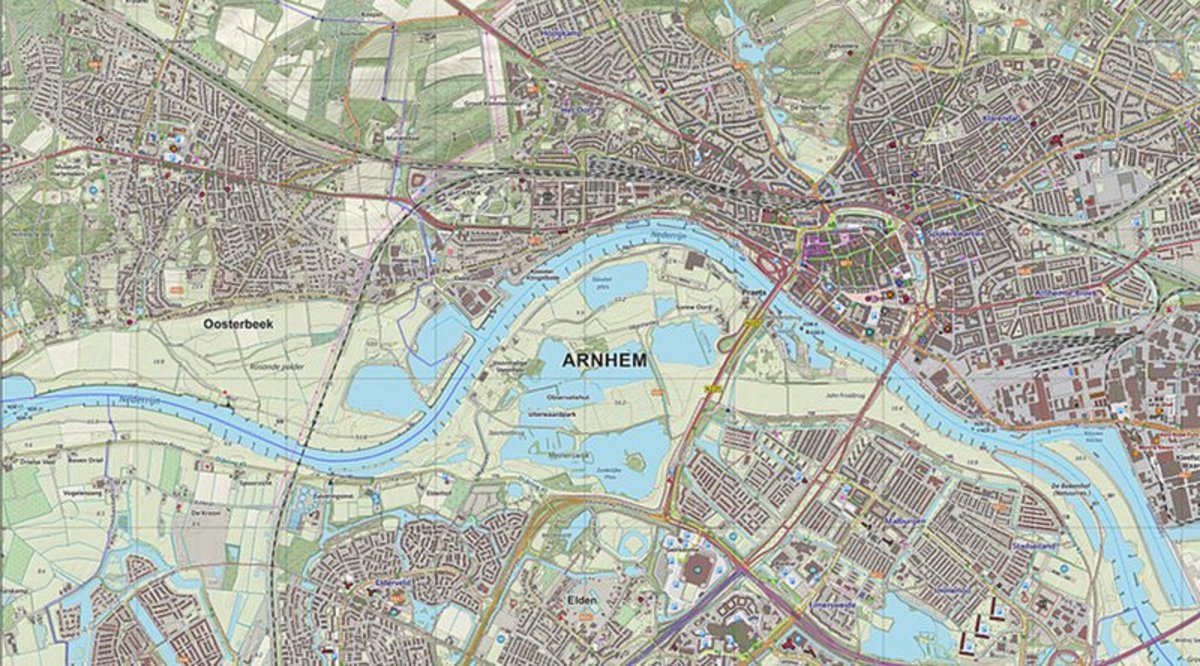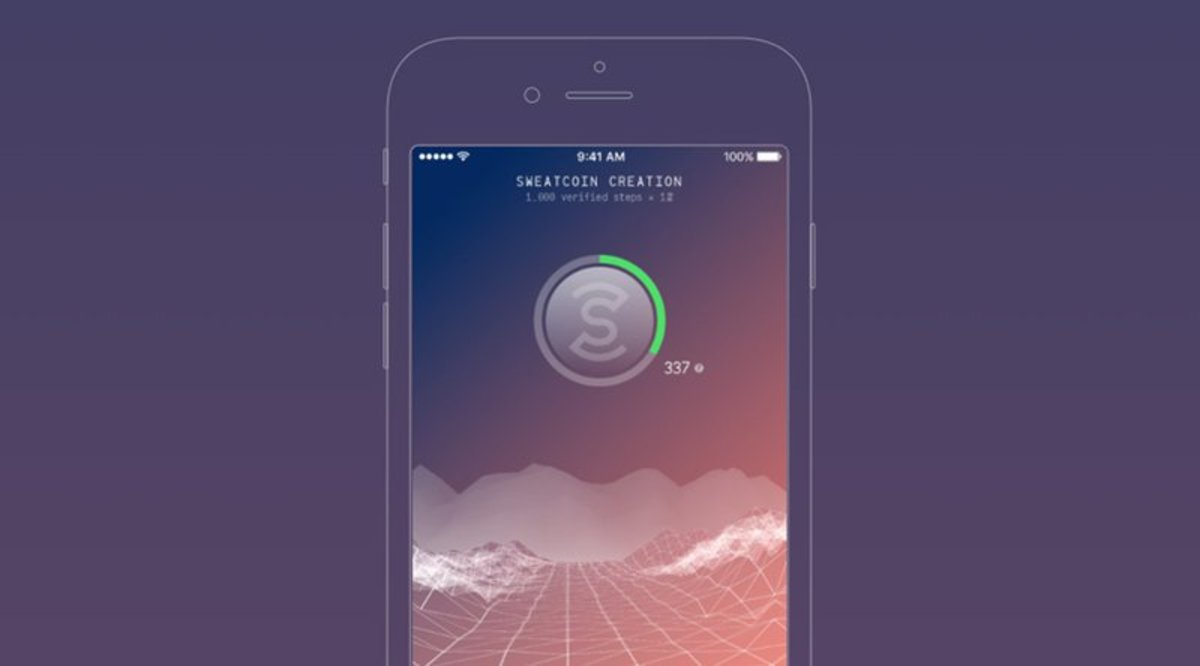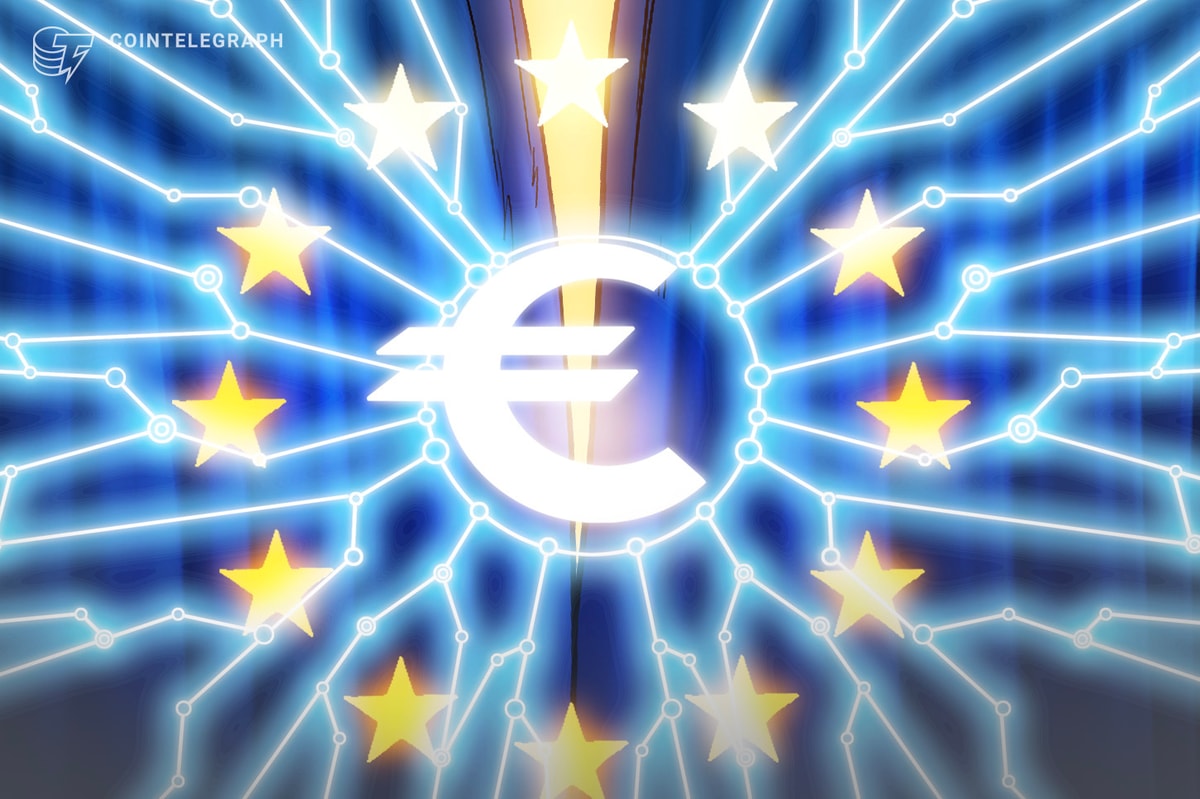
Over the past years, the Dutch town of Arnhem consistently made headlines for its exceptional Bitcoin project: Arnhem Bitcoincity. Launched in 2014, the initiative started with 15 bars and restaurants accepting bitcoin and has since grown to include more than 100 brick-and-mortar bars, restaurants, stores and more. With some 150,000 inhabitants, Arnhem might even be the most Bitcoin-dense municipality in the world, and can perhaps be considered a testing ground for Bitcoin-use for retail payments.
To celebrate the project's two-year anniversary, its local initiators – Annet de Boer, Patrick van der Meijde and Rogier Eijkelhof – will organize a conference in Arnhem: Bitcoin in Use, to be followed by a more informal meetup and pub-crawl through the city. They are joined by Arnhem-resident Otto de Voogd, who himself recently made the news for his long-lasting legal battle with Estonia; the Financial Intelligence Unit of the Baltic country investigated him for Bitcoin-trading.
Bitcoin Magazine spoke with the four about Bitcoin and retail payments, their Arnhem Bitcoincity project, and the Bitcoin in Use conference.
So, what exactly is going on in Arnhem? What is Arnhem Bitcoincity?
Patrick: Inspired by a similar initiative in Kreuzberg, Berlin ‒ which introduced a special Bitcoin area in 2013 ‒ we wanted to set up something similar in our own hometown. It actually started out as a one-time only event, a pub-crawl. Or at least that's how we lured the participating bars and restaurants in. It's only after the pub-crawl that we suggested they could continue to accept bitcoin with no extra effort, and most did. That's how we got the ball rolling, and as more merchants agreed to accept bitcoin, it garnered more attention in the media and stuff like that, and that helped us find even more merchants to participate.
Otto: I actually moved to Arnhem because of the Bitcoincity project. I wanted to get out of Estonia for obvious reasons, and Arnhem seemed like the place to go.
How many merchants have joined the project so far?
Annet: 104 merchants at the moment.
Patrick: Make that 105, Annet! 'Arnhem Store' will be the latest to join. That’s a shop that sells products from Arnhem-based artists; mostly clothes, I believe.
What else can you buy with bitcoin in Arnhem?
Annet: You can actually buy EVERYTHING with bitcoin here, from toilet paper to bread, to gas for your car, cut your hair, buy presents, buy clothes or shoes, or a hammer or a TV.
Otto: Arnhem Bitcoincity shows that bitcoin can and does get used to pay for normal everyday things, that it can function as a currency in people's daily life.
Rogier: Pretty much the only thing I can't pay with bitcoin yet are taxes, haha.
Do these merchants actually accept bitcoin and keep it as bitcoin, or do they use a payment processor to convert it into euros?
Rogier: We developed our own Bitcoin payment processing solution BitKassa, to offer to merchants in context of the Arnhem Bitcoincity project. We wanted to make the merchant experience as great as possible. All they need is an Internet-connected device; we provide an easy user interface, and they have Dutch people to talk to in case they encounter any problems. Merchants can choose if they want to keep the bitcoins, keep a share, or have it fully converted to euros and transferred to their bank account instead. Most merchants opt for euros, but there's about 15 of them that keep the bitcoins.
What have you learned over the years? Have you spotted any significant trends?
Rogier: We actually publish live statistics on our own website. As you can see, our monthly total is roughly a few thousand euros worth of bitcoin, spread over some 100 to 150 transactions. So, three to five bitcoin-payments a day, on average. This typically increases a bit when the price rises. There is also a slight increase in volume over time, I’d say, although it's pretty volatile.
Where do you think this increase is coming from? New people using Bitcoin? Existing Bitcoin users being able to spend more? Bitcoin-enthusiasts from outside of Arnhem increasingly visiting the city?
Otto: I do have a feeling that Arnhem is becoming a curiosity in the Bitcoin world. People have taken note, and many of them probably think of coming here to see it for themselves. But if they actually do is another question.
Rogier: I'd like to think we've helped spread Bitcoin-adoption in Arnhem, although I think using bitcoin to actually pay for real products and services is still only a fraction of the total Bitcoin transaction volume.
And a small fraction of Arnhem transaction volume.
Rogier: Yes, compared to the total economy in Arnhem, of course Bitcoin is still only a tiny fraction. But it's gotta start somewhere; revolutions like these take time to develop. Compare it to the Internet in the ‘90s. Rarely anybody used email at that time. Now, we don't know any better, and can hardly imagine life without. We strongly feel that Bitcoin will have a similar impact in due time, and the moderate success we have here in Arnhem – even though we're proud of it – is only a small step on the road.
Why should people use bitcoin for retail payments at all? Aren't there more convenient options available?
Otto: I think there are many reasons. Basically, it combines the advantages of electronic payments with the advantages of cash, while avoiding some of the downsides of both these options. For example, I don't like that the bank still knows where I spent 5 euros 10 years ago. They know more about me than I know about me. Bitcoin gives us back a certain degree of privacy. And compared to cash, you can back up your keys, which makes Bitcoin safer against loss. There's also no hassle with change. It's impossible to counterfeit. And of course you can send it over long distances.
Rogier: I'm inclined to say that by paying in bitcoin instead of euros or dollars, you're contributing to freeing society from the modern form of slavery the banking system has successfully bestowed upon us for decades without most people even realizing it. But maybe I shouldn't get too fundamentalist here, hehe.
Annet: I would like to add that spending bitcoin is possibly the best way to promote it. Many people tend to want to sit on their bitcoin and merely wait for it to increase in value. But to increase adoption we need to develop an economy. Sure, buy back the bitcoins you've spent, but do spend them!
Rogier: Yes, using bitcoin for actual, live, face-to-face payments makes people more aware of it. Many people only hear about Bitcoin through the mainstream media. And we all know the stories ... they’re never positive. Putting Bitcoin to actual, everyday use sheds a different light on things. People are surprised to see how amazingly well it works. If everyone would do what did in Arnhem, Bitcoin would definitely be at a complete different level now.
Patrick: And scaling would be a REAL problem, hehe.
Have you encountered any problems so far due to network congestion, or other scaling-related issues?
Rogier: Zero so far. Although we did encounter some transactions that took long to confirm, during the “stress tests.” But this was irrelevant for merchants or customers. We accept zero-confirmation payments, so the entire shopping and paying experience was not affected at all.
What about double-spends of unconfirmed transactions? Have you ever been defrauded?
Patrick: We've never been defrauded. But double-spending is a real problem.
Rogier: When opt-in replace-by-fee was about to be introduced, we had to take some preliminary measures to assure our zero-confirmation payments wouldn't get reversed as soon as a customer walks out of the door. If someone now pays with replace-by-fee enabled, the payment is rejected immediately and sent back to the address it originated from. And, of course, the merchant is notified.
So opt-in replace-by-fee is not really a problem for you then?
Rogier: In general, I'm not particularly in favor of replace-by-fee. I think it causes more problems than it solves. And the problems it does – potentially – solve could have been taken care of differently, like child-pays-for-parent.
Annet: When paying for coffee or something like that, there's no use to enable replace-by-fee. Mobile wallets that incorporate the feature should allow users to easily disable it. Or not make it default in the first place, or something like that.
Though of course, unconfirmed transactions always a carry a certain risk.
Rogier: New developments to solve these kinds of problems, like the Lightning Network and payment channels, sound pretty promising to me. Essentially, Bitcoin is still in its development stage. I'm confident that in the long run, Bitcoin – or payment solutions running on top of Bitcoin – will be perfectly fine for both huge transactions worldwide, as well as your local coffee purchase.
So what will the “Bitcoin in Use” conference be about?
Annet: On Arnhem Bitcoincity’s one-year anniversary, we organized a pub-crawl type of party. We wanted to repeat that this year, but we were also looking for something new. We were impressed with how Paul Buitink, a Dutch Bitcoin-evangelist, organized two Bitcoin-inspired conferences over the last years. We thought it would be awesome to do something like that in Arnhem. That’s how the combination of a conference and a huge meetup and party was born.
You've been able to attract some familiar faces in the Bitcoin and cryptocurrency space to come and speak. Bitcoin Coredeveloper Peter Todd, Pirate Partyfounder Rick Falkvinge, Monerolead developer Riccardo Spagni, Berlin’s Bitcoin-projectinitiator Joerg Platzer, Bitsquarefounder Manfred Karrer... How did you convince them to come and make it all the way to your town in the east of The Netherlands?
Otto: We actually met a few of these guys at conferences ourselves over the years. Or we know someone who knows them. So we started reaching out, and they were excited to make it to Arnhem.
Patrick: I'm really happy with the lineup so far. While it's not set in stone, I hope Peter Todd will explain his long-term vision for Bitcoin, and share his thoughts on our project. Rick Falkvinge will show how Bitcoin can be used to support decentralized organizations, like a political party. Manfred Karrer will tell us about his decentralized Bitcoin-exchange Bitsquare, which seems like a promising project. Riccardo Spagni will give a talk on Monero, which we think is one of the very few interesting altcoins out there. And Joerg Platzer, in a way our inspirator, will talk about his experience setting up the famous Bitcoin neighborhood in Berlin. And we might add more speakers; the schedule is not final yet.
If you'd have to name one key aspect, how does 'Bitcoin in Use' differentiate itself from other Bitcoin conferences?
Otto: In the end this is a celebration of Arnhem Bitcoincity. So there's the conference, and all the interesting speakers, but that's not all. Outside of the conference you can get to know Arnhem with fellow-Bitcoiners and indeed pay for everything with bitcoin.
Patrick: There will even be a special beer-fest right outside the conference hall, of which three of the four organizing bars accept bitcoin.
Annet: And for those who stay the night – yes, you can pay for hotels in bitcoin – we'll organize a city tour the next day. That will include a lunch, payable in bitcoin; we'll visit a large church that has a panorama-lift for a great view, also payable in bitcoin... We'll make the Arnhem Bitcoin experience complete!
Photo Janwillemvanaalst / Wikimedia Commons










